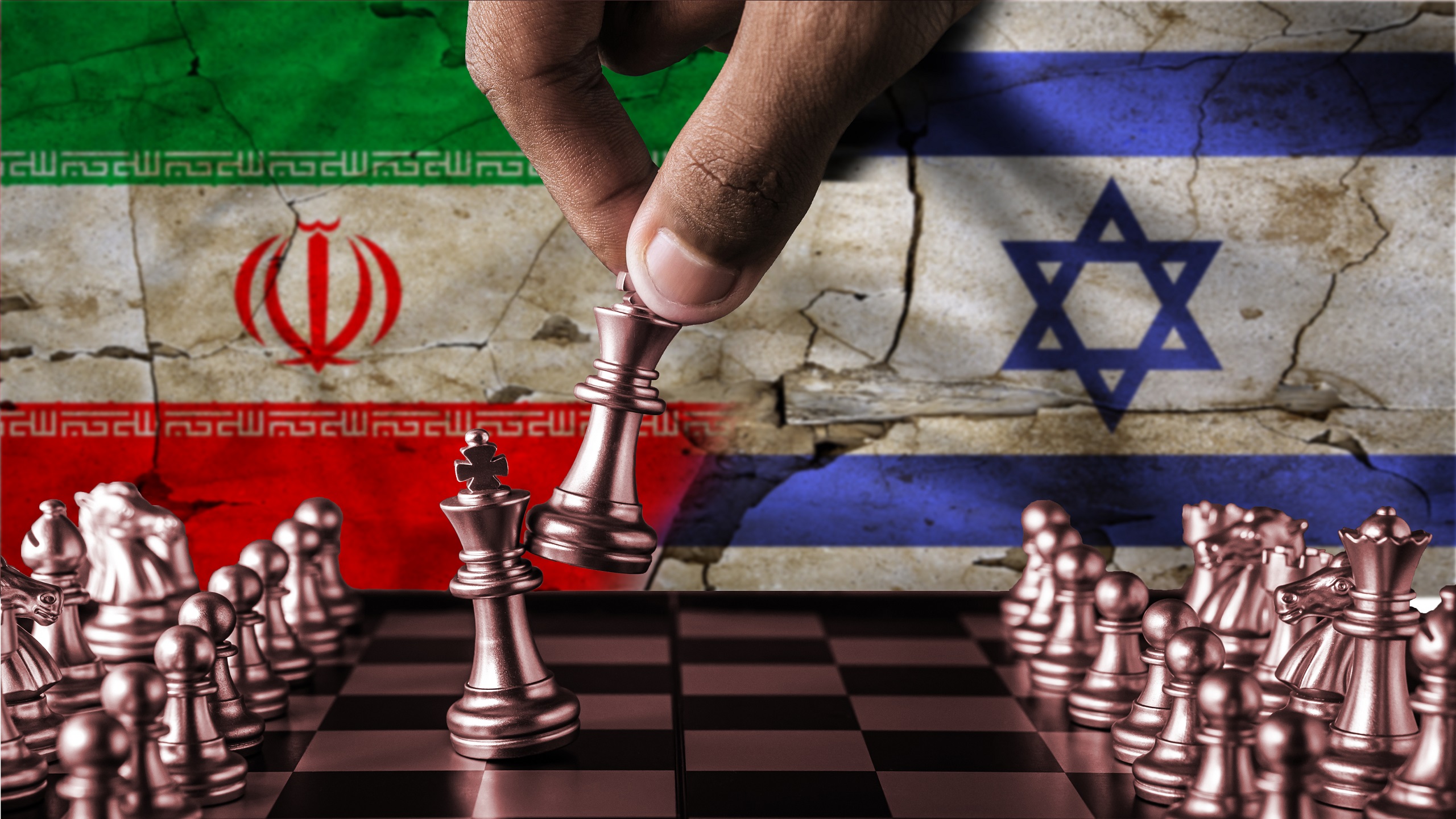An Iranian Response Will Come—but May Be Delayed
Nida Al Watan, Lebanon, April 4
American officials are anticipating Iran’s response to Israel’s recent strike on the Iranian Consulate in Damascus with caution. They expect Iran to refrain from targeting American forces, as a result of the decision to cease attacks on US bases in Iraq and Syria following a warning from Washington issued last February. The warning was communicated to Tehran during talks in Oman, with the threat of potential retaliation within Iran itself. Reuters reported on directives from Quds Force commander Esmail Qaani to militias, including Hizbullah, to avoid escalating tensions. President Joe Biden’s administration believes the warning remains in effect, despite Iranian accusations against the US regarding the consulate bombing. Washington quickly distanced itself from the Israeli strike, denying prior knowledge or involvement. Similarly, Tehran denied any connection to Hamas’ attack on Israel in October. These incidents highlight a complex dance between the two countries, both eager to avoid direct conflict. The strikes can be seen as part of a nuanced power play, with each side leveraging proxies and allies to advance their interests. The US relies on Israel and intelligence networks to exert influence, while Iran supports militias in Lebanon, Iraq, Syria, and the Houthis in Yemen. The Damascus consulate strike, while seen as an indirect assault on Iran, is unlikely to provoke direct retaliation against America. Various theaters provide potential battlegrounds between Iran and Israel, from Iraq to Syria to Lebanon. However, the intricate web of alliances and geopolitical considerations may prevent direct confrontations. Hizbullah in Lebanon and the Houthis in Yemen could be conduits for retaliation, but the overall strategy remains shrouded in secrecy and intricate planning. Ultimately, revenge by the Revolutionary Guards is a complex calculus. The possibility of delayed retaliation remains, as Iran carefully weighs its options in response to recent provocations. —Walid Shaqir (translated by Asaf Zilberfarb)


